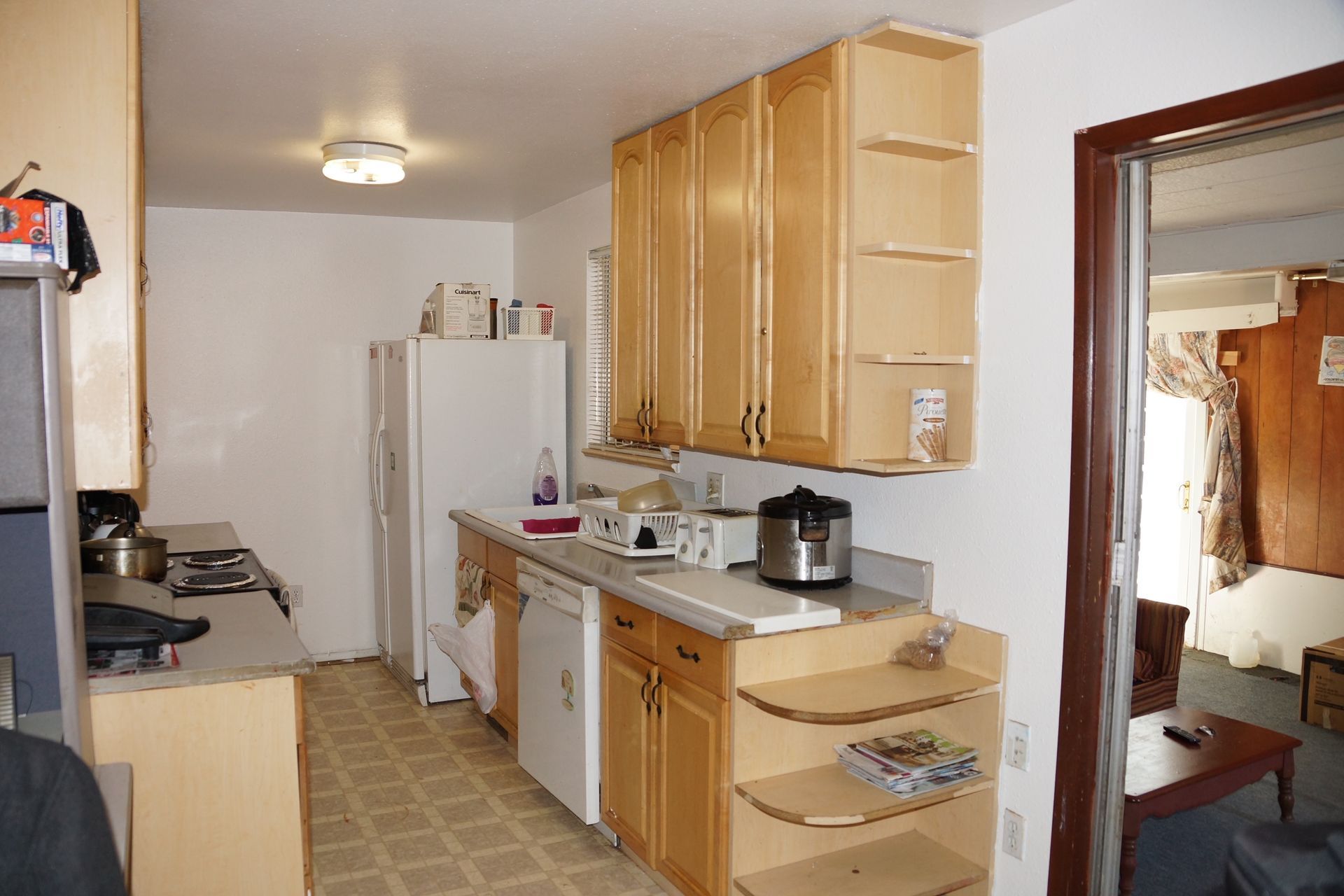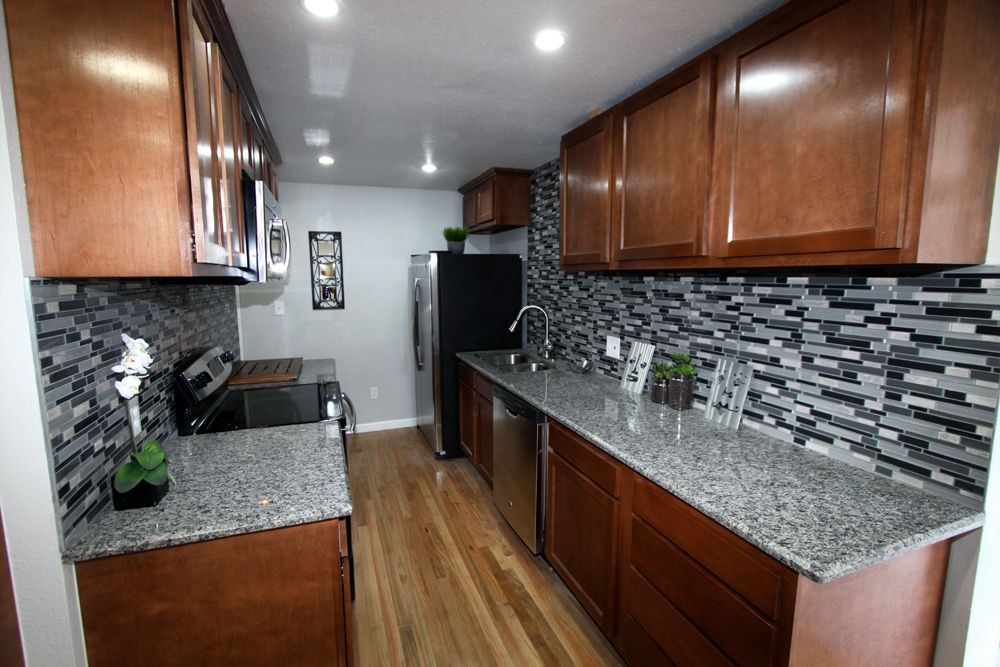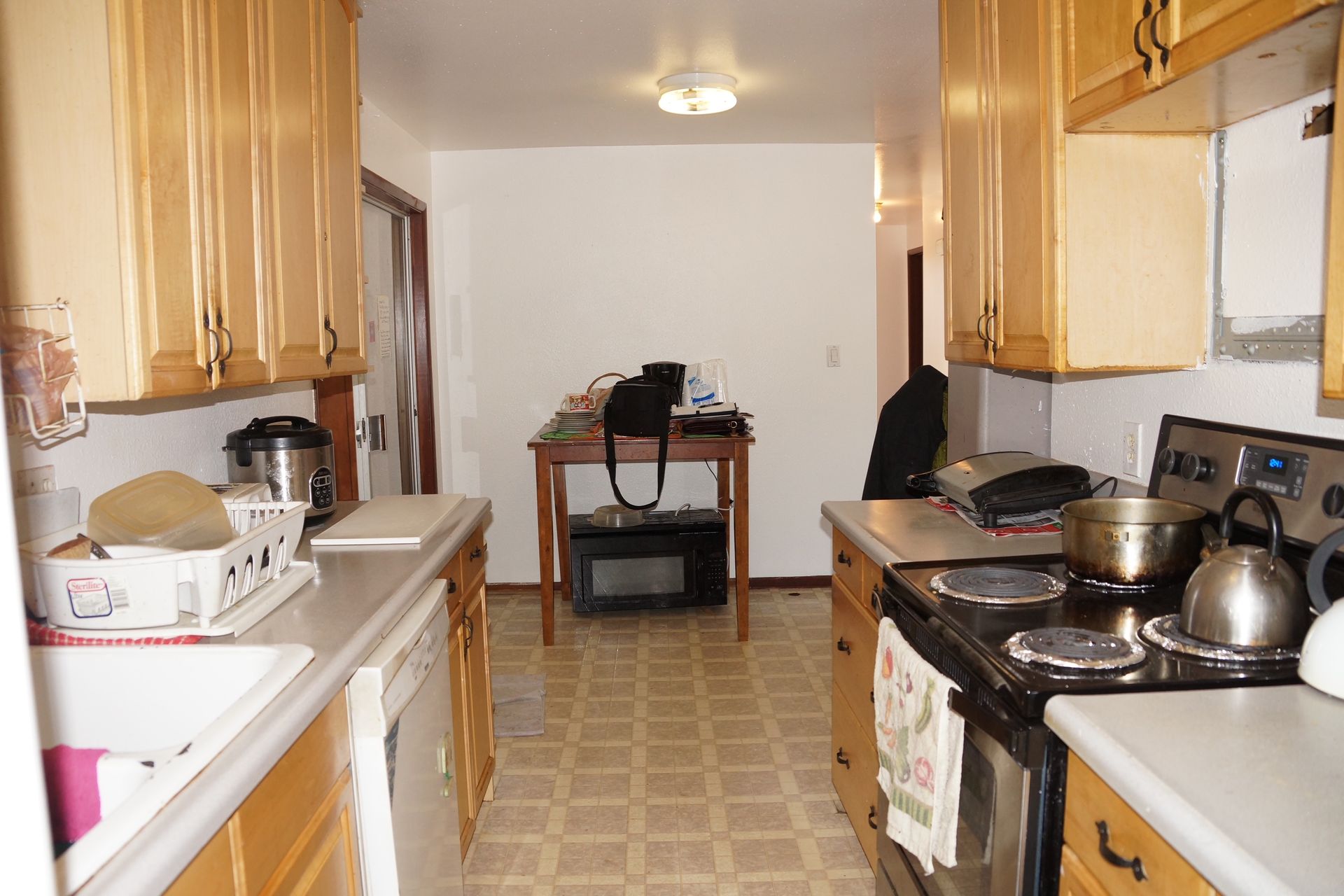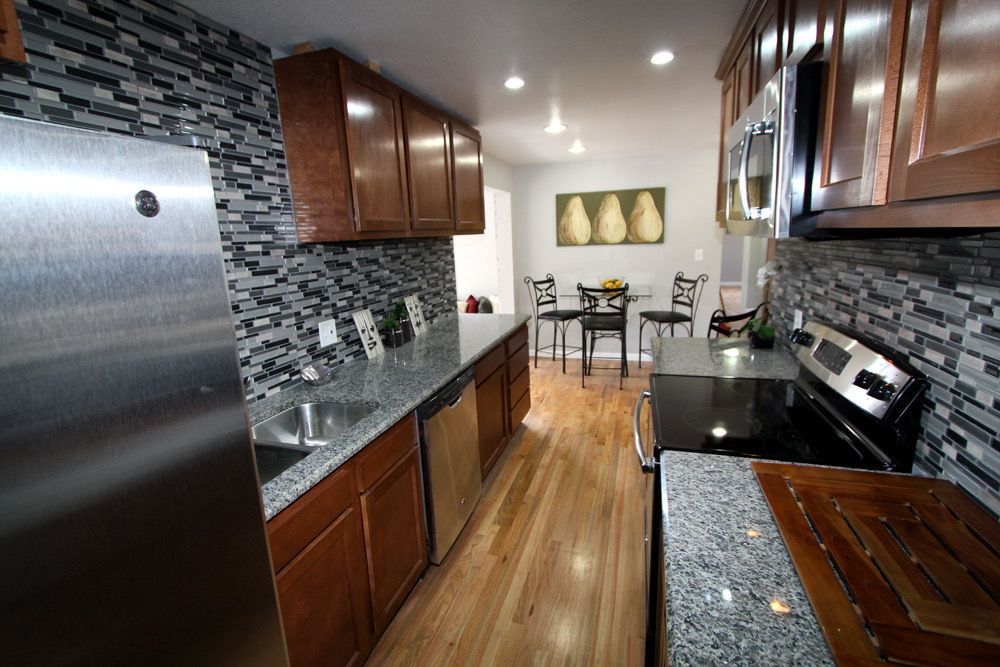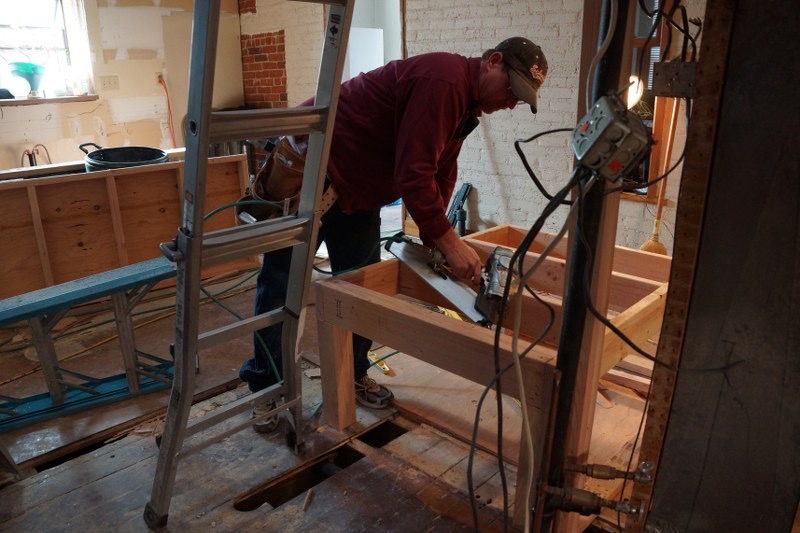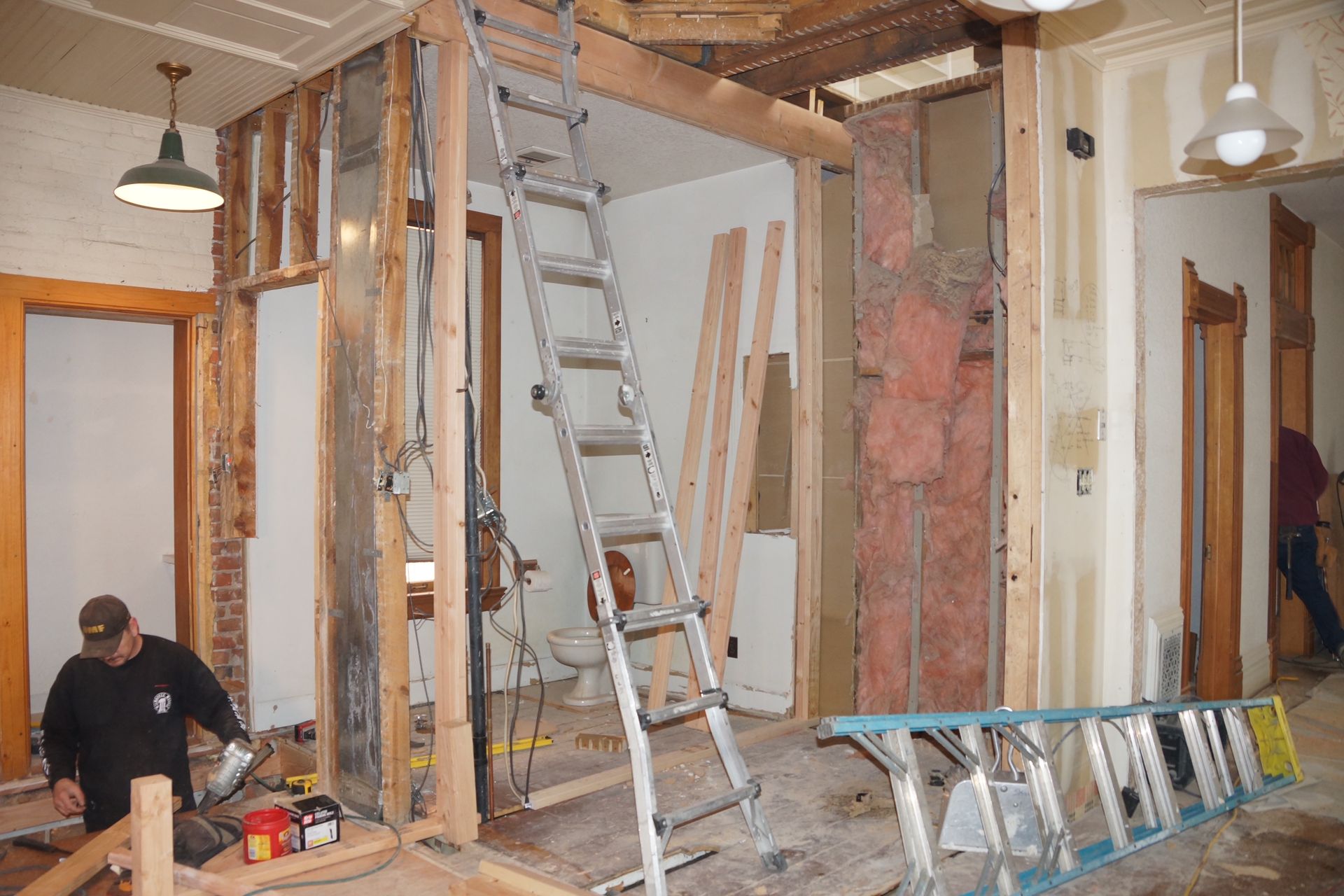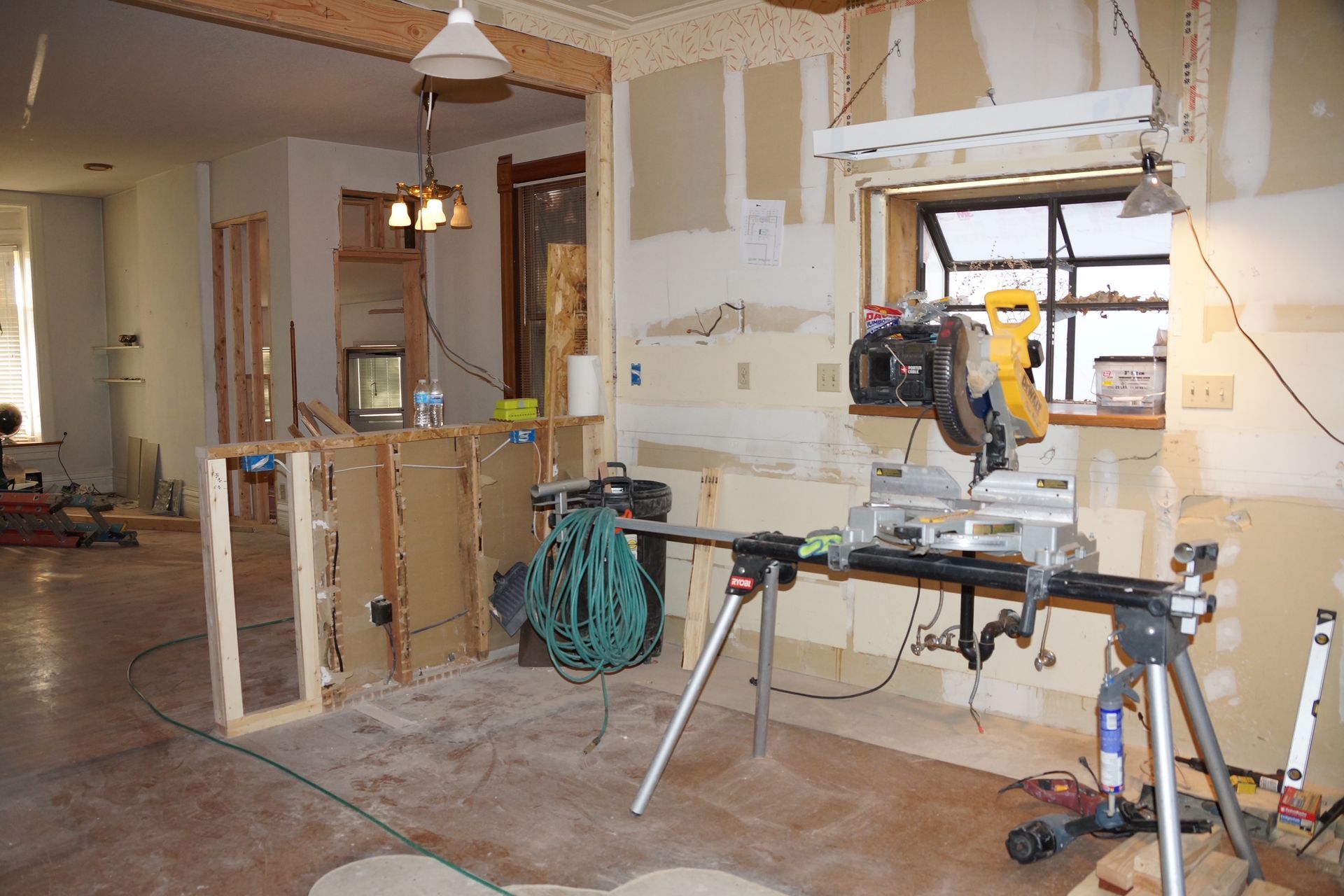IDEAL PROPERTY INVESTORS IS YOUR IDEAL HOUSE-FLIPPING PARTNER
House flipping has become an increasingly popular real estate investment strategy, offering the potential for significant profits when executed correctly.
The comprehensive guide below walks you through every step of the house-flipping process, from initial property search to final sale.
See you tonight (7/8/25)
6:30pm - 8pm

Ideal Property Investor's
Complete Guide to House Flipping: From Search to Sale
The foundation of successful house flipping begins with thorough market research and identifying the right neighborhoods for investment. Start by analyzing local market trends, including average home prices, days on market, and recent sales data in your target areas. Focus on neighborhoods showing signs of growth or revitalization, such as new commercial developments, improved infrastructure, or gentrification trends. Study the demographics of potential buyers in these areas to understand what features and price points will appeal to your target market.
Use online tools like Zillow, Realtor.com, and local MLS databases to track property values and identify patterns in pricing. Pay attention to seasonal fluctuations and market cycles that could affect both your purchase and sale timing. Research permit records and zoning information to understand what renovations are possible in different areas. Connect with local real estate agents, contractors, and other investors to gain insider knowledge about upcoming opportunities and market conditions. Consider factors like school districts, crime rates, proximity to employment centers, and future development plans that could impact property values. This research phase is crucial because it determines your potential profit margins and helps you avoid costly mistakes in property selection.
Once you've identified target markets, begin actively searching for properties that meet your investment criteria. Develop a clear set of parameters including maximum purchase price, required profit margin, and preferred property types. Distressed properties often provide the best opportunities for house flippers, so focus on foreclosures, short sales, estate sales, and properties that have been on the market for extended periods. Look for homes with cosmetic issues rather than major structural problems, as these typically offer better return on investment.
Establish relationships with real estate agents who specialize in investment properties and can provide you with off-market opportunities before they're listed publicly. Consider attending real estate auctions, both in-person and online, where you might find properties below market value. Drive through target neighborhoods regularly to spot "For Sale by Owner" signs, vacant properties, or homes showing signs of neglect that owners might be motivated to sell. Utilize direct mail campaigns to reach out to homeowners who might be interested in selling, particularly those facing financial difficulties, divorce, or relocation. Network with wholesalers who can connect you with properties under contract at favorable prices. Always have your financing pre-approved and be prepared to act quickly when the right opportunity presents itself, as the best deals often have multiple interested parties.

Before making an offer, it's crucial to conduct a thorough evaluation of each potential property to determine its actual investment potential. Start with a detailed exterior and interior inspection, documenting all visible issues and estimating repair costs. Look beyond surface-level problems to identify potential structural, electrical, plumbing, or HVAC issues that could significantly impact your budget. Taking lots of pictures and measurements will help with renovation planning and contractor estimates.
Research the property's history, including previous sales, any liens or encumbrances, property taxes, and permit records for previous work. Verify the property's legal description, square footage, and lot boundaries. Check for any code violations or pending assessments that could become your responsibility after purchase. Analyze comparable sales in the immediate area to determine the after-repair value (ARV) and ensure your projected profit margins are realistic. Consider hiring a professional inspector for properties you're seriously considering, especially if you're new to house flipping. Factor in all holding costs including insurance, utilities, property taxes, and financing costs during the renovation period. Calculate your break-even point and ensure you have adequate contingency funds for unexpected issues. Remember that accurate evaluation at this stage is critical to project success, as overestimating ARV or underestimating repair costs can quickly eliminate profits.
Securing appropriate financing is crucial for house flipping success, as traditional mortgages are often unsuitable for investment properties requiring quick purchases and renovations. Explore various financing options including hard money loans, private lenders, partnership arrangements, and cash purchases if you have sufficient capital. Hard money lenders typically offer short-term loans with higher interest rates but faster approval processes, making them popular among house flippers. These loans often require significant down payments and have terms ranging from six months to several years.
Consider establishing relationships with multiple lenders to ensure you have financing options when opportunities arise. Private money lenders, including individuals or small investment groups, may offer more flexible terms than traditional institutions. Calculate the true cost of financing, including interest, points, and fees, to ensure it fits within your profit projections. Some investors prefer using cash for purchases, then refinancing with traditional loans during renovation to free up capital for additional projects. Regardless of your financing method, maintain strong relationships with lenders and always have backup financing options available. Keep detailed financial records and maintain good credit scores to access the best financing terms. Remember that financing costs directly impact your profit margins, so negotiate the best possible terms while ensuring you can close quickly when needed.
Successful offer strategies in house flipping require balancing aggressive pricing with realistic market conditions. Base your offers on thorough analysis of repair costs, holding expenses, financing costs, and desired profit margins. A common formula is to offer no more than 70% of the after-repair value minus estimated repair costs, though this may need adjustment based on local market conditions. Present offers quickly but include appropriate contingencies for inspections and financing to protect your interests.
When negotiating, focus on terms beyond just price, such as closing timeline, repair credits, or inclusion of appliances and fixtures that you might otherwise need to purchase. Be prepared to walk away from deals that don't meet your investment criteria, as emotional decision-making can lead to unprofitable projects. In competitive markets, consider offering cash or shortened contingency periods to make your offer more attractive to sellers. Work with experienced real estate agents who understand investment transactions and can help structure offers appropriately. Build relationships with listing agents in your target areas, as they may give preference to investors who have successfully closed previous transactions. Always have backup properties identified, as your first choice may not work out due to inspection issues or seller negotiations. Document all negotiations and agreements in writing to avoid misunderstandings later. Remember that the purchase price is the foundation of your profit potential, so disciplined offer strategies are essential for long-term success in house flipping.
Property Acquisition and Closing Process
Once your offer is accepted, the closing process requires careful attention to detail and timeline management. Immediately schedule professional inspections and appraisals if required by your lender. Review all inspection reports carefully and negotiate repair credits or price reductions for any significant issues discovered. Ensure your financing is progressing smoothly and provide any additional documentation requested by lenders promptly. Coordinate with title companies to ensure clear title transfer and resolve any issues that might delay closing.
During this period, begin preliminary planning for renovations by getting contractor estimates and ordering long-lead-time materials if you're confident the sale will close. However, avoid making significant commitments until you actually own the property. Review all closing documents carefully, including the settlement statement, deed, and loan documents. Ensure all agreed-upon repairs or credits are properly documented and executed. Plan for immediate post-closing activities such as changing locks, securing the property, and beginning utility transfers. Consider purchasing appropriate insurance coverage that will be effective immediately upon closing. Have your contractor team ready to begin work as soon as possible to minimize holding costs. Take detailed before photos for your records and future marketing materials. Establish accounts with local utilities and ensure you have access to water and electricity for renovation work. The closing process sets the stage for your renovation project, so thorough preparation and attention to detail during this phase will contribute to overall project success.
WE'RE THE EXPERTS SO YOU DON'T HAVE TO BE.

Investors

Contractors

Administration
Why Choose Us?
Working with IPI means working with a house-flipping partner that you can trust.
From start to finish, we are your
Ideal Property Investors.
EXPERIENCE

With over 75 years of combined experience, our team brings a wide range of knowledge from actual hands-on experience. We bring experience and know-how to make sure our projects are finished on time with the highest degree of expertise.
INTEGRITY

Working with a business partner involves trust and confidence that both parties will act with the utmost integrity. That's why Ideal Property Investors is committed to acting with honor and integrity in all of our business (and personal) dealings. Our word is our bond, and we expect the same from all of our business partners.
COMMITMENT

When we start a project we are committed to seeing it through to the end. Sometimes there are unforseen challenges, and we believe it's not the adversity that confronts you, it's how you confront the adversity you encounter. Smooth sailing or rough waters, you can count on Ideal Property Investors to finish strong.
RELATIONSHIPS

Business is more than dollars and cents - it's people working together towards a common goal. We believe that building relationships is an essential part of working together long term, and that's why you're considered family at Ideal Property Investors
RETURN ON INVESTMENT

Relationships are important, but we're in business to make money, right? The bottom line (pun intended) is that we wouldn't be in business if we didn't make money. That's why you can trust us to finish our projects time, at projected ROI's or better.
THE IDEAL PARTNERS

When you combine experience, integrity, commitment, relationships, and a solid return on your investment, you get the Ideal Property Investors. Family values. Lifelong Integrity. Knowledge and Experience. If it makes dollars it makes sense, and this makes sense, so call today and schedule your IPI consultation.











